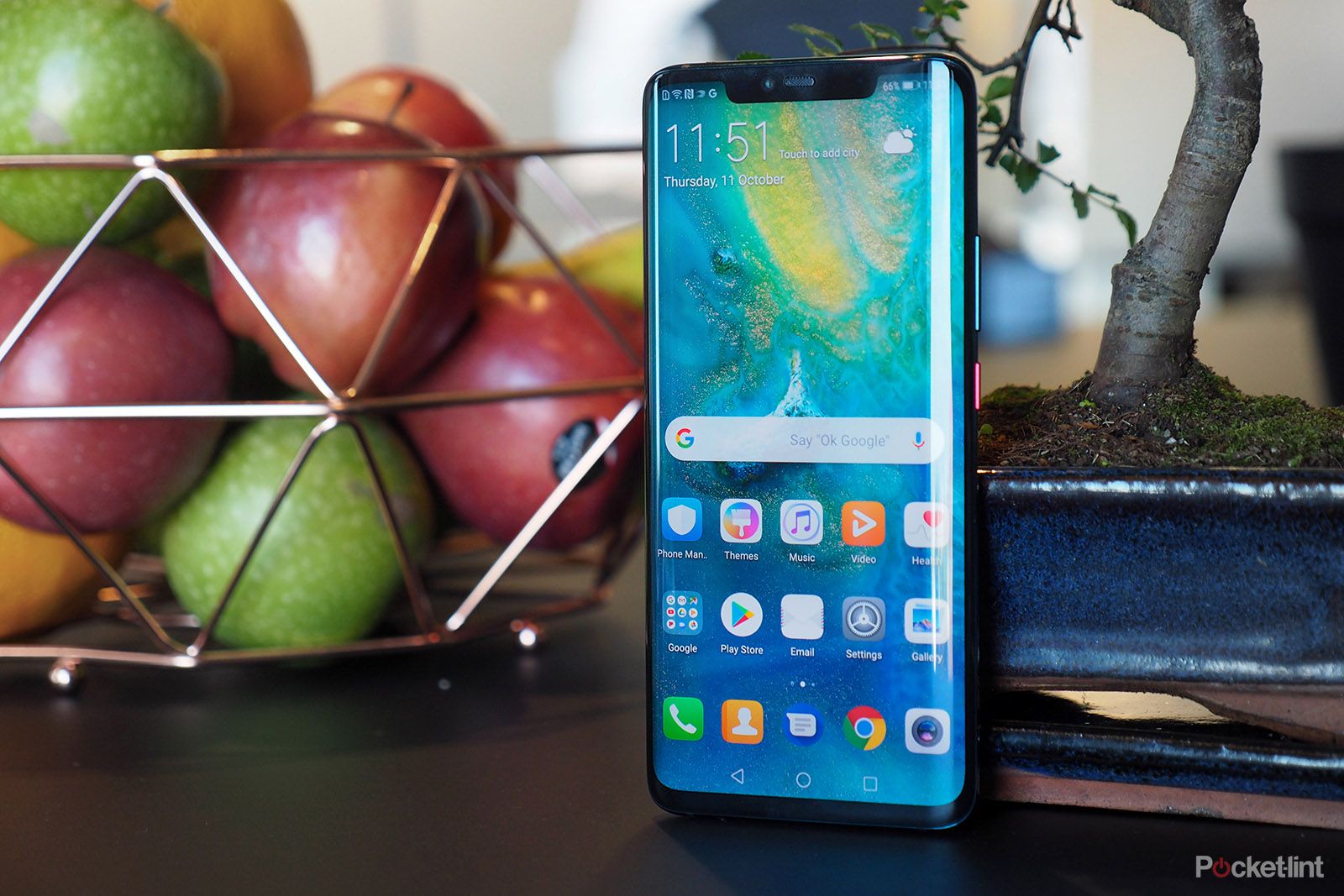After a rocky 2019 for Huawei - what with the US handing a Google ban, which hasn't been resolved despite new US-China trade talks in 2020 - the Chinese company is fighting back to reassert itself in the mobile phone market, speaking at a Huawei Developer Day in London, UK.
With its latest devices, such as the Mate 30 Pro, unable to utilise Google Services and, therefore, Google Play Store, the Chinese company said at back in August 2019 its initial Huawei Developer Conference (HDC) that it would be bringing its own services, potentially under its HarmonyOS operating system.
Known as Huawei Mobile Services, the platform was confirmed in its v4.0 back in December 2019. The company's AppGallery - its alternative to Google Play Store - has long existed in its phones, it's just rarely used by western audiences.
The goal, therefore, has been to get more developers on board via its HMS Core - a free-to-register service for developers looking to bring their apps to the store - with additional insight and incentive. Given AppGallery already has over 400m monthly users - most of which are in China, of course - that's quite a potential audience.
Huawei is still ready and waiting, its finger hovering over the 'reinstate Google Services' button, but with that route looking less likely in western markets, HMS is the likely future. Company CEO, Richard Yu, says the brand is ready, and that some 55,000 developers have signed up to HMS.
Which is all well and good. It's no surprise that a top 100 most valuable brand in the world has the resources to create world-class systems in little time and lure in others. The bigger question, we think, is whether people now trust the brand and would even consider investing in its future devices. That same is true of developers, knowing there will be no US market to infiltrate, weighing up the sums of development costs and market reach.
We look forward to seeing where Huawei lands as 2020 progresses. The company will be exhibiting at Mobile World Congress 2020 in February - after even presenting itself at CES 2020 in Las Vegas - but we suspect any new products there will be laptop and tablet focused.

